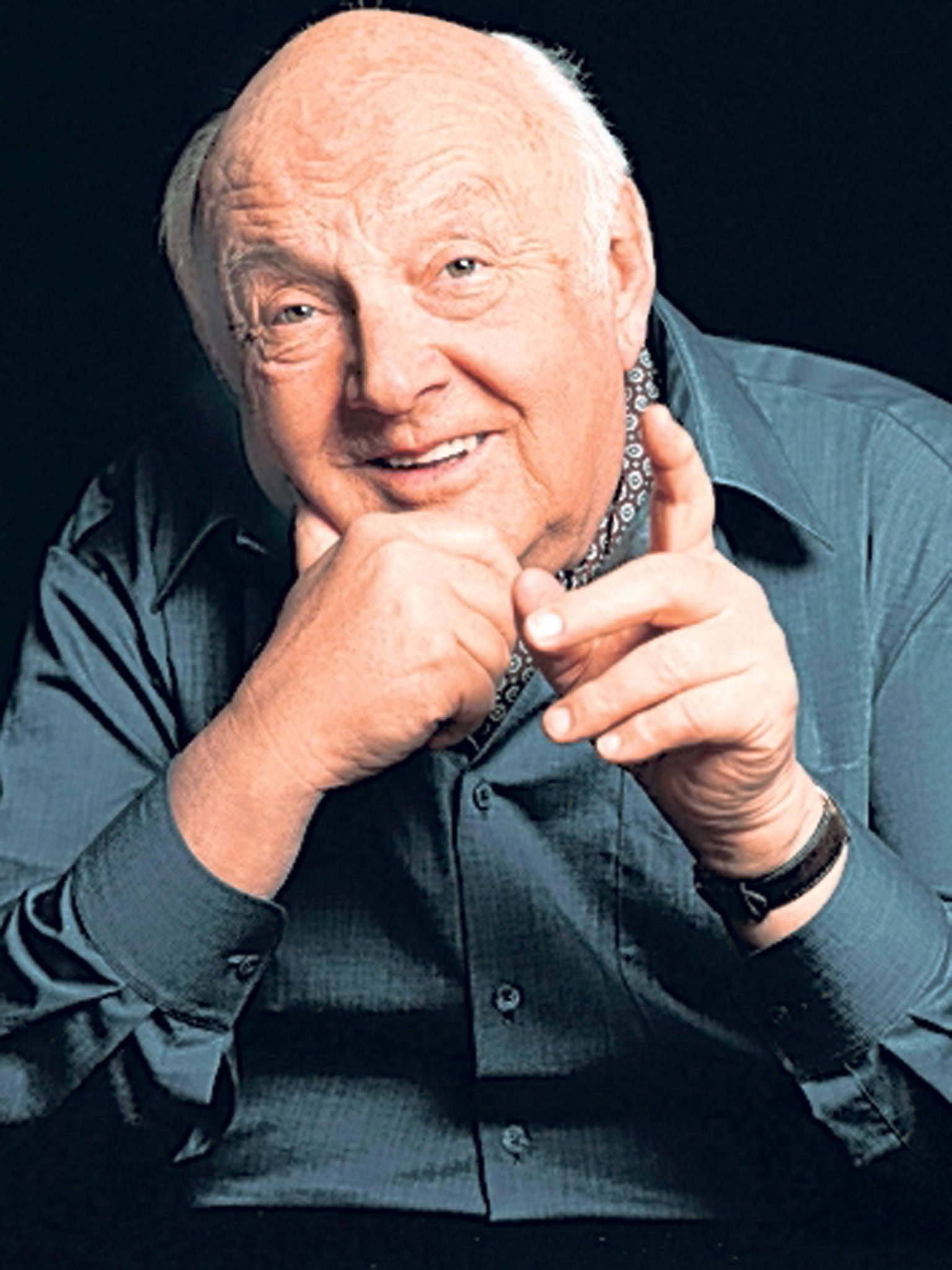Otfried Preussler: Bestselling author of children's books

Otfried Preussler was a bestselling children's author who sold more than 50 million books and was translated into 55 languages. He is probably best known for Krabat, or The Satanic Mill, which told the story of a boy in 17th-century Germany who desperately wants to escape from a school for black magic, where he is held captive by demonic forces.
Preussler was born in Reichenberg, Bohemia into a family which traced its roots back to the 15th century. They had been part of the local glass-making industry. His parents, were, however, schoolteachers. Settled by German and Flemish migrants in the 14th century, Reichenberg was home to a thriving textile industry and was known as the "Manchester" of Bohemia, boasting a spectacular collection of late 19th century buildings, the town hall, the opera house, and the Bohemian Museum among them, which all impressed the young Preussler.
As Preussler was growing up his home town was a place of turbulence. Until 1918 it was part of Austria and was then incorporated by force into Czechoslovakia. The majority of the inhabitants were Germans and there were Czechs, Jews and Hungarians as well. Preussler was 15 when, under the Munich Agreement, it was transferred to Nazi Germany. The synagogue was burned down; some inhabitants fled.
Preussler always paid tribute to the storytelling skills of his grandmother Dora, which, he said, inspired him in his calling. He described his childhood as "a wonderfully carefree time", but it was soon to change. He graduated from grammar school in 1942, but instead of going to university was called up for the German army. He served on the Eastern Front, and was promoted to lieutenant before being captured in Romania in 1944.
Five years in Soviet prison camps in the far away Soviet Tatar Republic followed. Part of that time was spent in Jelabuga, 960 kilometres east of Moscow, alongside other officers, both German and Italian. He suffered from typhus and malaria, his weight dropping to 40kg.
After being listed as missing for years, Preussler was repatriated in June 1949, with 150,000 others. He was lucky to find his relatives – who had been expelled along with other German inhabitants of Reichenberg – in the Bavarian town of Rosenheim. His fiancée, Annelies Kind, was also there. The couple lost no more time and married that year. Eventually they had three daughters
Preussler followed his parents into teaching, after working as a reporter for a local newspaper and writing stories for children's radio programmes. In 1953 he began teaching and stayed in the service until 1970, retiring as school principal in Rosenheim.
After being turned down by several publishers Preussler had his Der Kleine Wassermann [The Little Water Sprite] published in 1956. It is about a sprite who goes on adventures and sometimes gets himself into trouble. It was followed the next year by the prize-winning, Die Kleine Hexe [The Little Witch]. This is a story of a "young" witch, who is actually 127 years old. She has to prove that she's a good witch in order to join the Coven and its midnight celebrations. Because of a misunderstanding she begins to do good and punish those who make others suffer.
Among his other best-known works are Der Räuber Hotzenplotz (The Robber Hotzenplotz, 1963), a classic tale of good and evil, in which the hero, Kasperl, saves the day with the aid of his friends against the eponymous thief. This book, together with Das Kleine Gespenst (The Little Ghost, 1966) and Krabat, are regarded by many as his best works. Krabat was named as the Most Notable Book of 1973 by the American Library Association, and also received awards in Poland and the Netherlands. All three books were translated into English, and several of his stories were made into films.
Preussler wrote also about his years as a prisoner of war, though his reminiscences were only published posthumously. In 2006 his wife died, after which Preussler withdrew from public life to live in a care home in Prien on Lake Chiemsee in Upper Bavaria. In 2009 two of his daughters published a tribute to Preussler, Ich bin ein Geschichtenerzähler [I am a Storyteller].
Otfried Preussler, schoolteacher and author: born Reichenberg, Czechoslovakia 20 October 1923; married Anneliese Kind (died 2006; three daughters); died Prien, Germany 18 February 2013.
Join our commenting forum
Join thought-provoking conversations, follow other Independent readers and see their replies
Comments